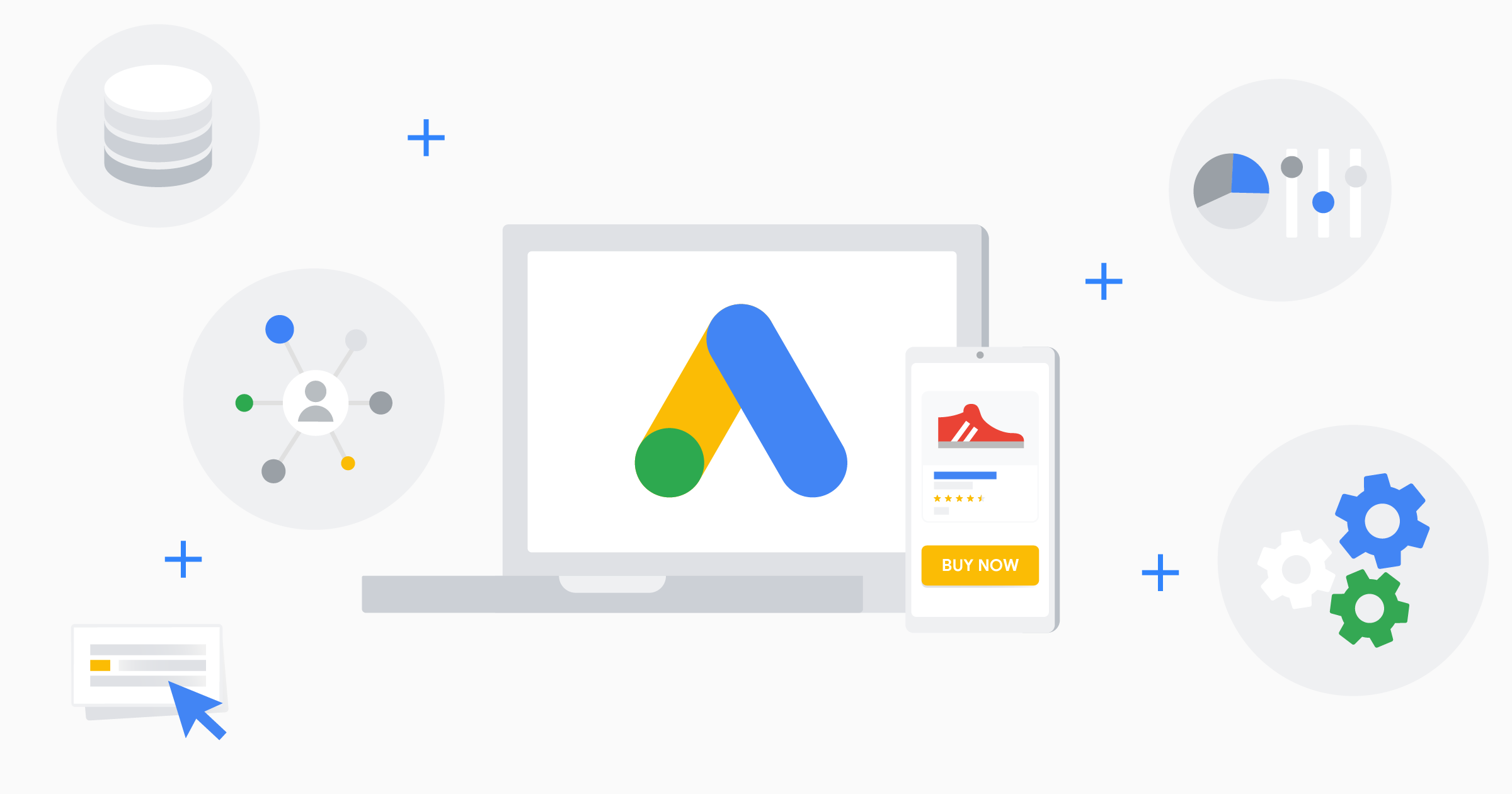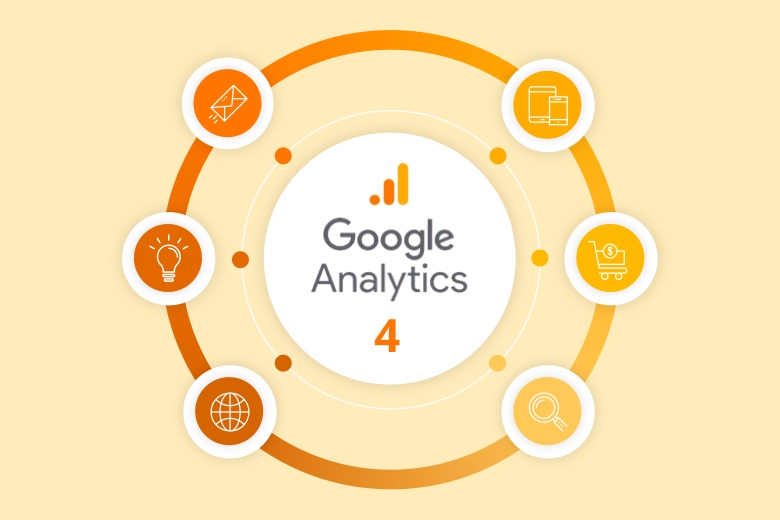Google Ads is one of the most powerful tools to drive targeted traffic to your website, but choosing the right bidding strategy can be confusing—especially if you’re new to paid advertising. The bidding strategy you pick directly affects how your budget is spent and how well your ads perform.
In this article, we’ll explain the most common Google Ads bidding strategies, when to use each, and what works best for e-commerce stores versus lead generation businesses.
🔹 What Are Google Ads Bidding Strategies?
Bidding strategies tell Google how you want to pay for clicks, impressions, or conversions. Your choice depends on your campaign goals: whether you want to maximize traffic, conversions, or control costs.
🏆 Popular Google Ads Bidding Strategies
1. Maximize Conversions
What It Is: Google automatically sets bids to get you the most conversions possible within your budget.
Best For: Campaigns focused on driving as many sales, sign-ups, or leads as possible.
Use Case: Great for businesses with clear conversion tracking and sufficient historical data.
Pros: Fully automated, easy to set up, uses Google’s machine learning.
Cons: Can spend your budget quickly; less manual control.
📌 Ideal For:
E-commerce stores wanting to increase sales.
Lead gen campaigns targeting form submissions or sign-ups.
2. Target CPA (Cost Per Acquisition)
What It Is: Google sets bids to get conversions at or below a target cost per acquisition that you specify.
Best For: When you want to control the average cost per lead or sale.
Use Case: Useful if you know how much a conversion is worth and want consistent ROI.
Pros: Balances cost and volume; efficient for predictable budgets.
Cons: Requires good conversion data; may limit traffic volume if target CPA is too low.
📌 Ideal For:
Lead generation companies needing cost control on leads.
E-commerce stores with a fixed profit margin per sale.
3. Manual CPC (Cost Per Click)
What It Is: You manually set the maximum bid for clicks on your ads.
Best For: Advertisers wanting full control over bids on keywords.
Use Case: Useful for new campaigns with no conversion data or for highly competitive keywords.
Pros: Precise bid control; can optimize based on keyword performance.
Cons: Time-consuming; requires constant monitoring and adjustment.
📌 Ideal For:
Small e-commerce businesses testing new products.
Lead gen campaigns targeting very specific, high-value keywords.
4. Enhanced CPC (ECPC)
What It Is: A semi-automated strategy where you set bids manually but Google adjusts them up or down to maximize conversions.
Best For: Advertisers wanting some automation but still retaining manual control.
Use Case: Good for campaigns with limited conversion data.
Pros: Boosts conversions without losing control.
Cons: Less predictable spending than manual CPC.
🛒 What Works Best for E-commerce?
Maximize Conversions is excellent if your store has solid conversion tracking (like sales via Shopify or WooCommerce).
Target ROAS (Return on Ad Spend) — a specialized strategy for e-commerce — aims to maximize revenue while targeting a specific return percentage.
Use Manual CPC for niche or brand keywords where you want tight control.
📞 What Works Best for Lead Generation?
Target CPA is preferred because you often have a fixed cost per lead target.
Maximize Conversions works well if you want to grow leads quickly.
Start with Manual CPC if you’re just testing keywords and audiences.
🔑 Final Tips for Success
Always set up conversion tracking before choosing a bidding strategy.
Start with Manual CPC if you’re new, then move to automated strategies as data grows.
Monitor your campaigns regularly and adjust your bidding goals based on performance.
Consider your business goals and budget constraints when selecting a strategy.




